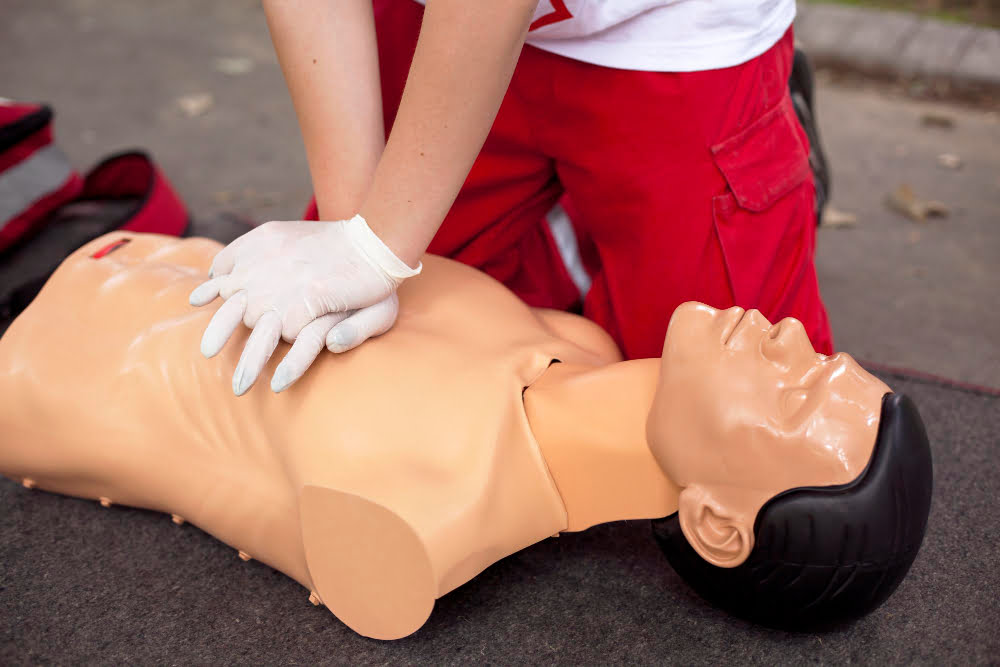
Blog
November is CPR Month – be the somebody who saves a life

If you witnessed a family member in cardiac arrest, would you know what to do?
Although the majority of Canadians say they would recognize the signs if someone were experiencing a heart attack or a cardiac emergency, fewer than half say they have the skills to help in this common and life-threatening emergency.
November is CPR Month and the Canadian Red Cross and F.A.S.T. Rescue challenges everyone to get the training they need to help save a life. Effective bystander CPR, when used with an AED and administered immediately following cardiac arrest, can double a person’s chance of survival.
More than 50,000 Canadians die of heart disease every year.
Nearly 60 percent of Canadians who have had to perform first aid did so to help a family member.
Canadians who have taken a first aid course are considerably more confident in their skills to be able to help someone experiencing a medical emergency.
Red Cross CPR courses include training on the use of automated external defibrillators (AEDs): how to assess a person in cardiac arrest, determine whether defibrillation (a shock to the heart to restore normal beating) should be performed, and use an AED unit to deliver a shock if required.
The Red Cross is the only national training agency to include AED training as a mandatory component in all our programs.
To learn more about CPR watch this short video!







